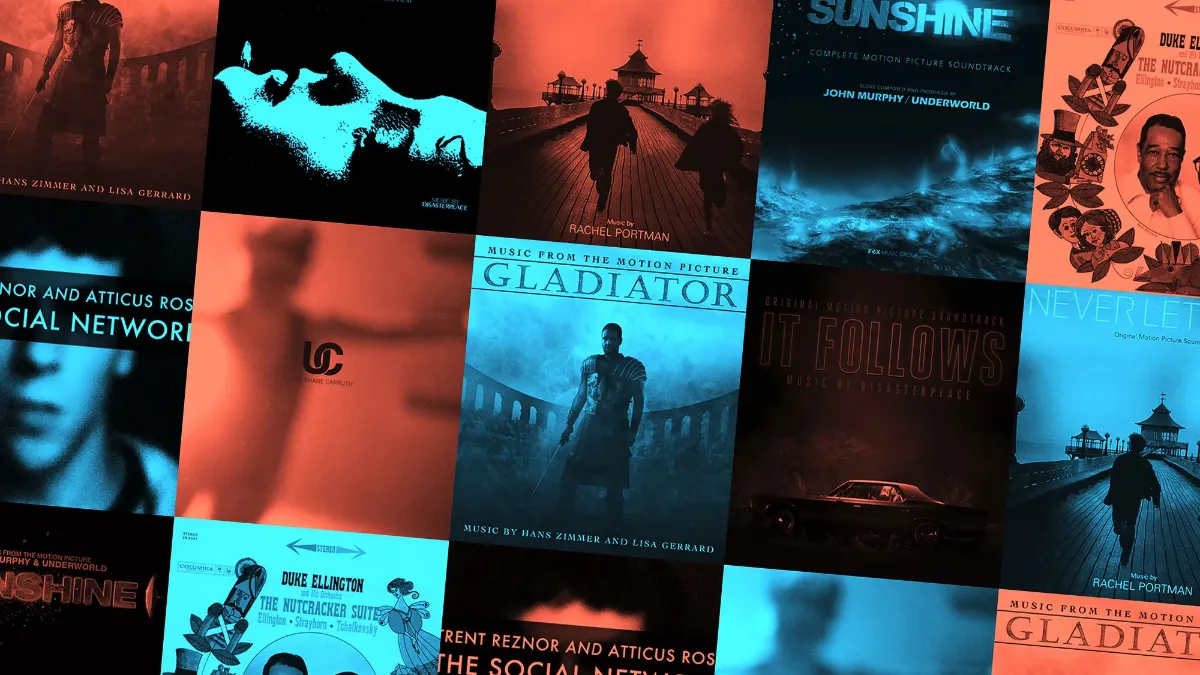Original scores in film and television play a pivotal role in shaping the audience’s emotional connection, setting the tone, and enhancing the overall storytelling. Composed specifically for these visual mediums, original scores serve as a powerful tool, influencing the viewer’s perception and deepening their engagement with the narrative. Here’s why original scores hold immense importance in film and TV:
1. Establishing Emotional Connection: Original scores are adept at eliciting emotions and evoking specific feelings within the audience. Whether it’s heightening suspense, evoking nostalgia, or intensifying joy, the right musical accompaniment can profoundly impact how viewers perceive a scene or character. By tapping into the emotional core of a story, the score creates a profound connection, making the audience empathize with the characters’ experiences.
2. Setting the Mood and Atmosphere: A well-crafted original score sets the mood and creates the desired atmosphere for each scene. It can transform an ordinary moment into something extraordinary, making mundane situations feel suspenseful, romantic, thrilling, or poignant. The music becomes an integral part of the storytelling, immersing the audience deeper into the world being presented on screen.
3. Enhancing Narrative and Characterization: Original scores aid in character development and narrative progression. By assigning unique musical themes or motifs to specific characters or storylines, composers can subtly communicate character traits, foreshadow events, or highlight pivotal moments in the plot. This musical association reinforces the audience’s connection to the narrative and its protagonists.
4. Creating Recognition and Identity: Memorable original scores have the power to create iconic identities for films and TV shows. When audiences hear certain musical motifs or themes, they can instantly recall the associated movie or series. These musical cues become a part of popular culture, establishing a lasting legacy for the production and contributing to its recognition and success.
5. Supporting Visuals and Dialogue: Original scores complement the visual elements and dialogue, enhancing their impact. By underscoring key moments or accentuating crucial dialogues, the music reinforces the intended emotions and intensifies the viewer’s engagement with the narrative. It fills the gaps between dialogues, emphasizing the mood and tension of the scenes.
6. Collaborative Artistry: The creation of an original score involves collaboration between composers, directors, and other creatives. This collaborative effort ensures that the music aligns seamlessly with the director’s vision and enhances the overall storytelling. The process of crafting the score becomes an integral part of the film’s production, contributing to its artistic merit.
7. Immersive Experience: An effective original score can transport the audience into the world of the story, making the viewing experience more immersive and captivating. The music creates an emotional journey for the audience, heightening their engagement and leaving a lasting impression long after the film or show has ended.
In conclusion, original scores play a multifaceted and essential role in the world of film and television. They are instrumental in shaping emotions, defining atmospheres, supporting narratives, and creating memorable experiences that resonate deeply with audiences, making them a vital component of the storytelling process.


